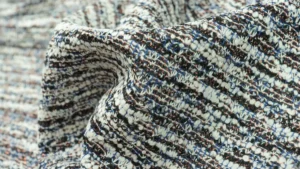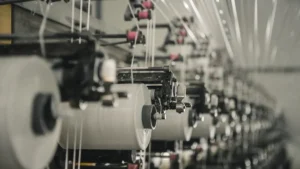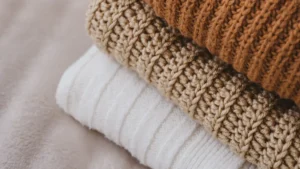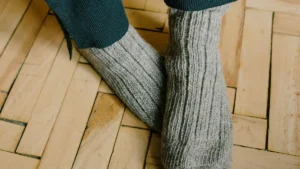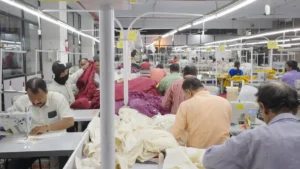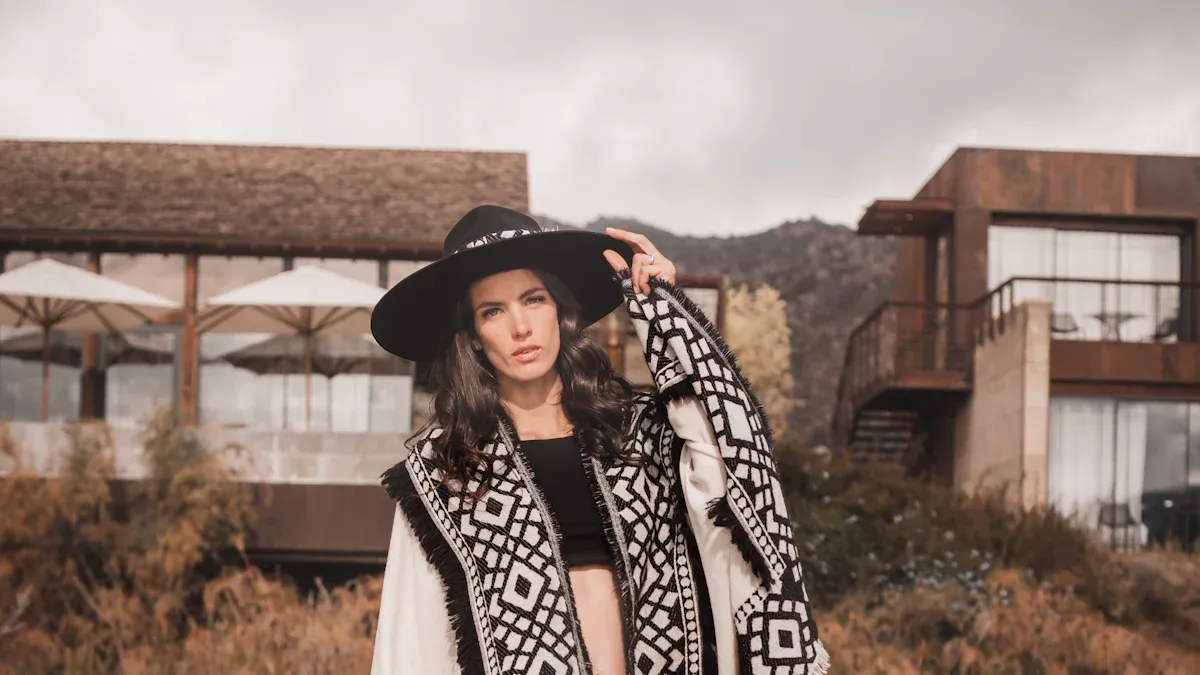
You will notice that alpaca wool poncho trends for 2025 focus on being eco-friendly, minimalist, and handmade. What sets an alpaca wool poncho apart? It offers lightweight warmth, exceptional softness, and lasting comfort. Plus, alpaca wool poncho options are hypoallergenic, making them ideal for people with sensitive skin.
Baby alpaca and royal alpaca fibers are becoming more popular because they feel luxurious and are environmentally friendly.
When selecting your next alpaca wool poncho, consider both its style and how well it fits into your everyday routine.
Key Takeaways
Alpaca wool ponchos are good for the environment. They use less water and fewer chemicals than other wools. This helps keep the planet safe.
Minimalist alpaca ponchos are soft and warm. They look nice and work for many events and seasons.
Handmade ponchos have special traditional patterns. They help skilled workers in Peru and Ecuador get fair pay.
Good alpaca wool feels soft and does not cause allergies. It keeps you warm but does not make you too hot.
Check for certifications like RAS or GOTS. These show your poncho is real, made right, and will last a long time.
Sustainability
Eco-Friendly Alpaca Wool Poncho
Many people pick alpaca wool ponchos now. They do this because alpaca wool is better for the planet. Alpaca farming uses less water than sheep or cashmere goat farming. It also needs fewer chemicals. Alpacas do not harm the land as much as other animals. Look at this table to see how alpaca farming is different:
Environmental Aspect | Alpaca Farming | Sheep Farming (Merino/Corriedale) | Cashmere Goat Farming |
|---|---|---|---|
Water Usage | Low water consumption during life and production | High water usage during life and washing/dyeing | High water usage during life |
Chemical Use | Limited chemicals, possible scouring and dyes | Extensive chemicals: antibiotics, hormones, pesticides, detergents | Limited chemicals but industrial dyes possible |
Land Impact | Small environmental footprint, less land degradation | Larger herds cause land degradation and pollution | Overgrazing leading to habitat loss and land degradation |
Animal Welfare Concerns | Often cruelty-free, small-scale farms | Issues like mulesing, docking, careless shearing | Nutritional deficiencies due to overstocking, habitat loss |
Production Scale | Mostly small-scale, local, fair trade emphasis | Large-scale conventional farming common | Large herds needed due to low fiber yield |
Fiber Yield Efficiency | Higher yield per animal | Moderate yield | Low yield: 4-6 goats needed per sweater |
Sustainability Certifications | Available but limited | Organic certifications exist but less than ideal conventional | Some standards exist but limited focus on environmental impact |
Waste and Pollution | Limited waste, small footprint | Potential water, land, and air pollution from large-scale farms | Large herds contribute to polluted water and land degradation |
When you choose an alpaca wool poncho, you help the earth. Some brands use Responsible Alpaca Standard (RAS) certification. This shows they care about the environment. Origenes by Sol Alpaca uses Certified Organic Alpaca Wool. They also have the Global Organic Textile Standard (GOTS) certification. These brands make it simple to pick eco-friendly clothes.
Ethical Sourcing
Ethical sourcing is important too. When you buy from fair trade brands, you help people in Peru and Ecuador. Here is how your choice helps:
You help small farmers get fair pay for their fleece.
You support training and better animal care for good wool.
You help families earn steady money and keep their traditions.
You protect nature and support old ways of grazing.
You help keep jobs and money in local towns by using local workers.
You support honesty and fairness in how products are made.
If you pick an alpaca wool poncho from a fair trade brand, you wear something nice. You also help people and the planet at the same time.
Minimalist Style
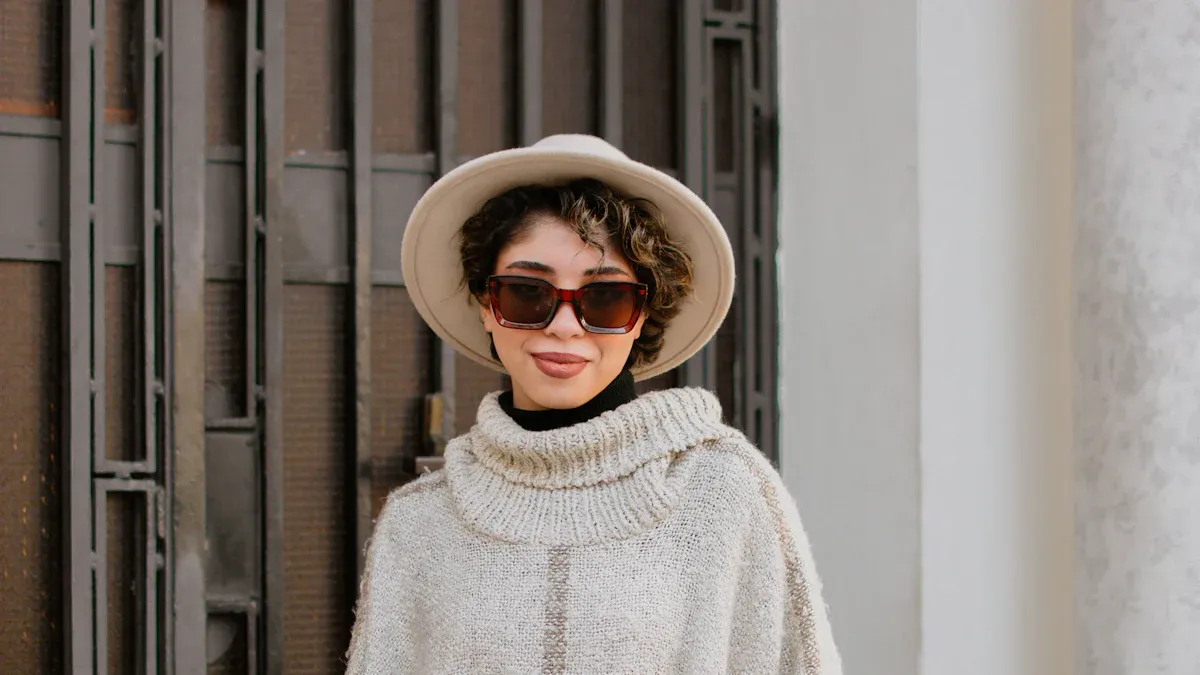
Modern Designs
You might notice that minimalist style is everywhere right now. Clean lines, simple shapes, and neutral colors make any outfit look fresh. When you pick a modern alpaca wool poncho, you get more than just a trend. You get a piece that feels soft, looks sharp, and works for any season. Many designers use geometric patterns or stick to solid colors. These choices help you match your poncho with almost anything in your closet.
Fashion experts love minimalist alpaca wool ponchos for their softness and warmth. Baby alpaca wool feels extra fine and luxurious. You can find top-rated ponchos, like the one by Esther González on Etsy, with a 4.9 out of 5 rating from over 1,200 buyers. People say it fits perfectly, feels soft, and comes with great customer service. Brands like Alpaca Collections and ECUALAMA offer ponchos with a modern look and a timeless feel. You can wear these ponchos to work, on a walk, or even to a dinner out.
Versatile Layering
A minimalist alpaca wool poncho is not just stylish. It is also one of the most versatile pieces you can own. Here are some reasons why you might love it:
Lightweight but warm, so you can layer it without feeling bulky.
Unisex design fits many occasions, from casual days to special events.
Some ponchos have reversible patterns or hoods for extra options.
Alpaca wool breathes well, so you stay comfortable all year.
Easy to care for and built to last.
You can style it as a jacket, shawl, scarf, or even a skirt.
Each handmade poncho is unique.
Tip: Try wearing your poncho over a turtleneck in winter or over a T-shirt in spring. You will always look put together.
When you choose a minimalist alpaca wool poncho, you get a piece that adapts to your life. It is easy to mix and match, and it never goes out of style.
Artisanal Craft
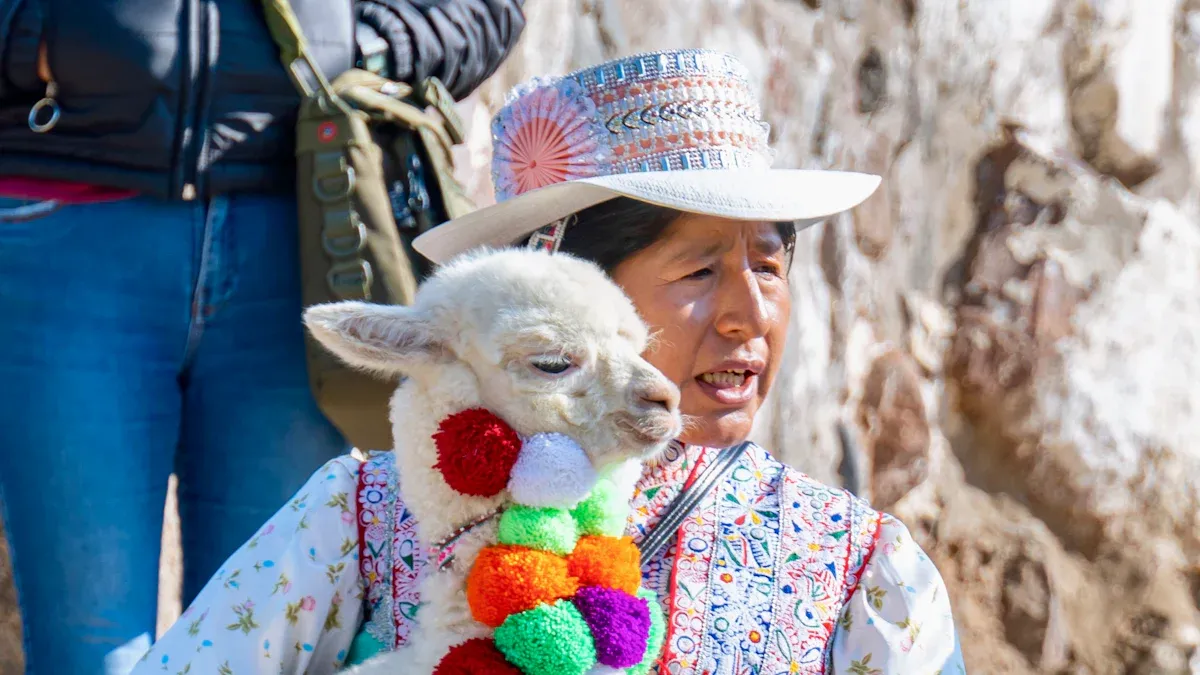
Traditional Patterns
If you choose an artisanal alpaca wool poncho, you get more than warmth. You also get a piece of culture from Peru or Ecuador. Many ponchos have patterns that show stories about the land and people. These designs can have bold stripes or shapes. Some symbols are very old and passed down for years. Every poncho has its own pattern, so yours will be special.
Artisans learn weaving from their families. They make each poncho by hand and pay close attention to details. You can feel the difference when you wear one. The colors and patterns look bright and beautiful. They make any outfit look more interesting, whether you dress up or stay casual.
Handmade Quality
You may wonder how handmade ponchos are different from machine-made ones. Here are some main differences:
Handmade ponchos have small knots inside. This shows the maker’s skill and care.
Artisans use the best alpaca fibers, like Baby or Royal Alpaca. These fibers feel softer and last longer.
Each poncho takes time and effort, so it is stronger than a factory-made one.
Machine-made ponchos often have simple designs and may use lower-quality fibers.
Buying handmade helps workers earn fair pay and keeps old skills alive.
Check out this table to see some popular handmade ponchos and their prices:
Poncho Name | Price (USD) | Description | Customer Review Summary |
|---|---|---|---|
Unisex Alpaca Wool Poncho | 42 | Handmade, hypoallergenic, soft, warm, lightweight, durable, supports Ecuadorian artisans | High quality, well made, fast shipping, positive seller interaction |
Gray Alpaca Poncho | 96 | Traditional Peruvian craftsmanship, natural hues, ethnic design, versatile and stylish | N/A |
Clint Eastwood style | 135 | Iconic design from Ecuadorian artisans, soft alpaca wool, exceptional quality | Excellent quality, warm, beautiful, outstanding customer service, highly recommended |
When you buy an artisanal alpaca wool poncho, you get more than just warmth. You enjoy softness like cashmere and strength that keeps its shape. The fibers do not pill easily. Alpaca wool keeps you warm but not too hot. It stays fresh longer, so you do not need to wash it often. You help the earth and support skilled workers. That is a smart choice for comfort, style, and tradition.
How to Choose an Alpaca Wool Poncho
Material & Comfort
When you pick out an alpaca wool poncho, you want it to feel soft and cozy. Baby alpaca and royal alpaca fibers are the softest. They are gentle on your skin and do not cause itchiness like some other wools. Alpaca wool is hypoallergenic because it does not have lanolin, which can bother sensitive skin. This makes it a great choice if you have allergies or just want something comfortable.
Here’s a quick look at what makes high-quality alpaca wool stand out:
Key Factor | What It Means for You |
|---|---|
Micron Count (Fiber Diameter) | Lower numbers mean softer, finer fibers that feel great on your skin |
Comfort Factor | More soft fibers, less itchiness |
Staple Length | Longer fibers make the poncho last longer and feel smoother |
Fiber Uniformity | Even fibers give you a poncho that looks and feels better |
Fiber Curvature (Crimp) | Adds bounce and helps the poncho keep its shape |
Medullation | Fewer coarse fibers means more softness |
Alpaca wool ponchos also keep you warm without making you sweat. They have tiny air pockets that trap heat but let your skin breathe. You can wear them in winter or on cool summer nights.
Fit & Style
You want your poncho to look good and feel right. Ponchos come in different sizes, lengths, and widths. Some are short and easy to move in, while others are long and keep you extra warm. You can find styles that fit all body types. Some ponchos have belts to give you a nice shape, and others have classic or modern designs.
Consideration | Options | What Works Best For You? |
|---|---|---|
Size | OSFA, S, M, L, XL, Custom | Custom fits best, but OSFA works for most people |
Length | Short, Mid, Long | Short for warm days, long for extra warmth |
Width | Narrow, Standard, Wide | Wide gives more coverage, standard is versatile |
Style | Traditional, Modern, Belt | Belts add shape, modern looks fit any occasion |
Tip: Try wearing your poncho in different ways—over your shoulders, belted at the waist, or even as a scarf. This makes it easy to match your style and the weather.
To make sure you get a real, ethically made alpaca wool poncho, check for certifications like RAS or GOTS. Real alpaca wool feels cool to the touch, has a soft shine, and does not shed much. If the price seems too low, it might not be real alpaca.
Most high-quality ponchos cost between $80 and $600, depending on the fiber and craftsmanship. Baby alpaca ponchos usually cost $230 to $350, while royal alpaca can go up to $600. Take care of your poncho by hand washing it in cold water and drying it flat. You do not need to wash it often—just air it out after wearing.
If you want to shop online, check out trusted stores like Alpaca Collections or Sol Alpaca USA. They offer real, high-quality ponchos that last for years.
You have learned that the best poncho trends for 2025 use eco-friendly ways, simple styles, and handmade skills. Many people like these ponchos because they are warm, soft, and have cool patterns. When you buy one, you help small towns in the Andes and also help nature. If you want to find the right poncho, look at good online stores. They sell real, high-quality ponchos that last long and match your style.
FAQ
How do you wash an alpaca wool poncho?
Hand wash your poncho in cold water with mild soap. Gently squeeze out water. Lay it flat to dry. Never use a dryer. This keeps the fibers soft and the shape perfect.
How can you tell if your poncho is real alpaca wool?
Look for a soft, cool touch and a slight sheen. Real alpaca wool does not shed much. Check for certifications like RAS or GOTS. If the price seems too low, it might not be genuine.
Is alpaca wool itchy to wear?
No, alpaca wool feels soft and smooth. It does not have lanolin, so it is hypoallergenic. Most people with sensitive skin find alpaca ponchos very comfortable.
Can you wear an alpaca wool poncho in warm weather?
Yes! Alpaca wool breathes well and keeps you cool. You can wear your poncho on cool summer nights or layer it in winter. It works for every season.
Tip: Try a lightweight poncho for spring and summer. You will love the comfort! 🌞



